10 tips for musicians on getting gigs and promoting them
Start back stronger
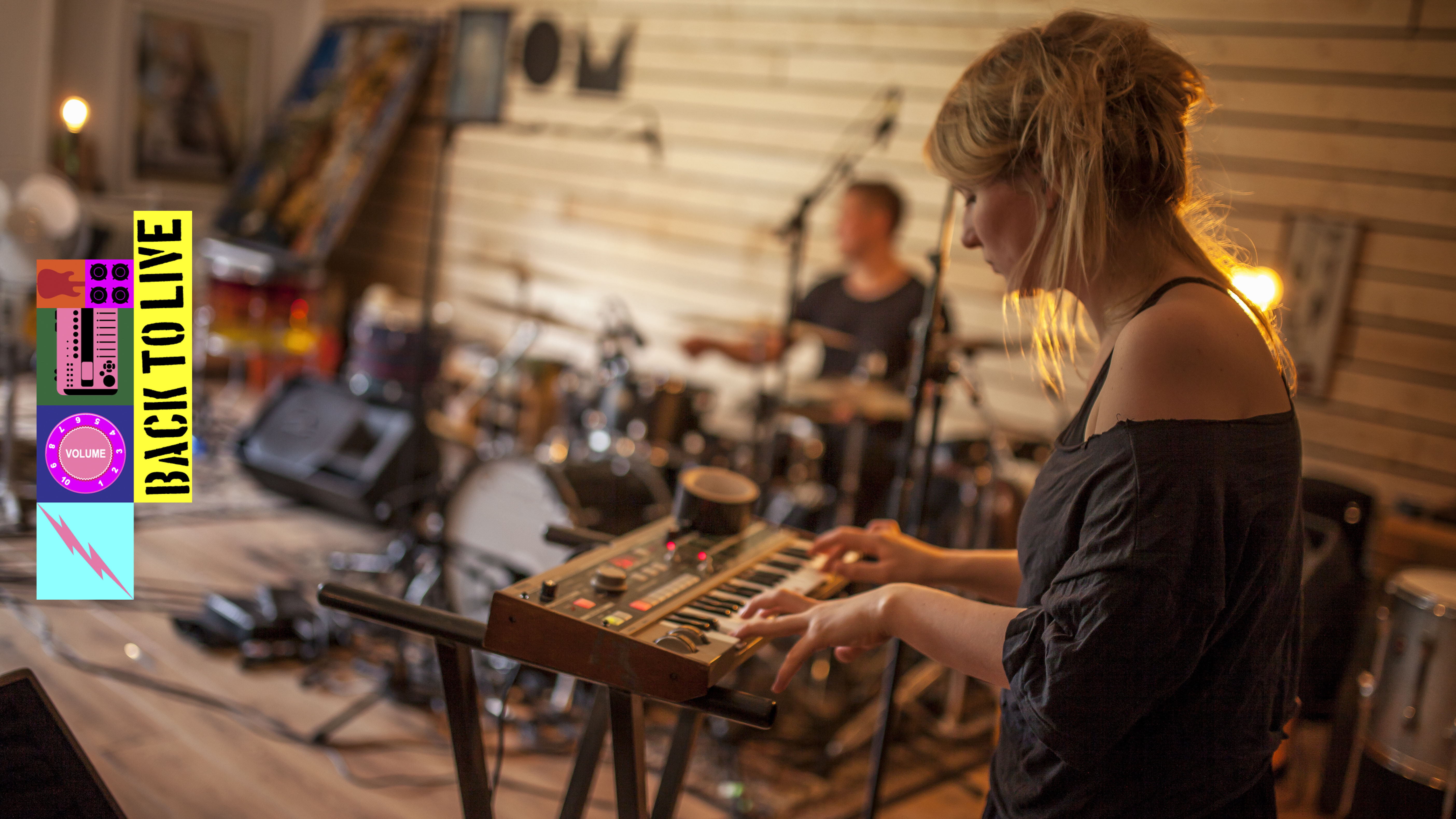
BACK TO LIVE: Whether you’re just starting out as a band or looking to get back into gigging post-lockdown, trying to find and book gigs can be daunting, even on a local scale.
There’s more competition than ever, and in an environment where many grassroots music venues have been forced to close, it can be tough to get your foot in the door, or rather, on to the stage.
To help you along the way, here are 10 tips for sizing-up your local scene, presenting your band to potential bookers, promoting your gigs and packing-out venues...
1. Find out what’s going on near you

Follow local venues and events organisers on social media and sign up to their mailing lists so if they’re on the hunt for acts, you’ll be first to know. Follow other local bands so if they put a shout out for a support act, you’ll be ready to show your interest.
It’s also worth being aware of regular fixtures, such as Independent Venue Week which comes round every year in January. Perhaps a venue near you runs some mixed program festivals or has an all-dayer with a partial line-up confirmed. If you can identify a particular event or season where a local venue is looking to support up-and-coming bands, this can be a good in-road.
2. Try and identify suitable venues
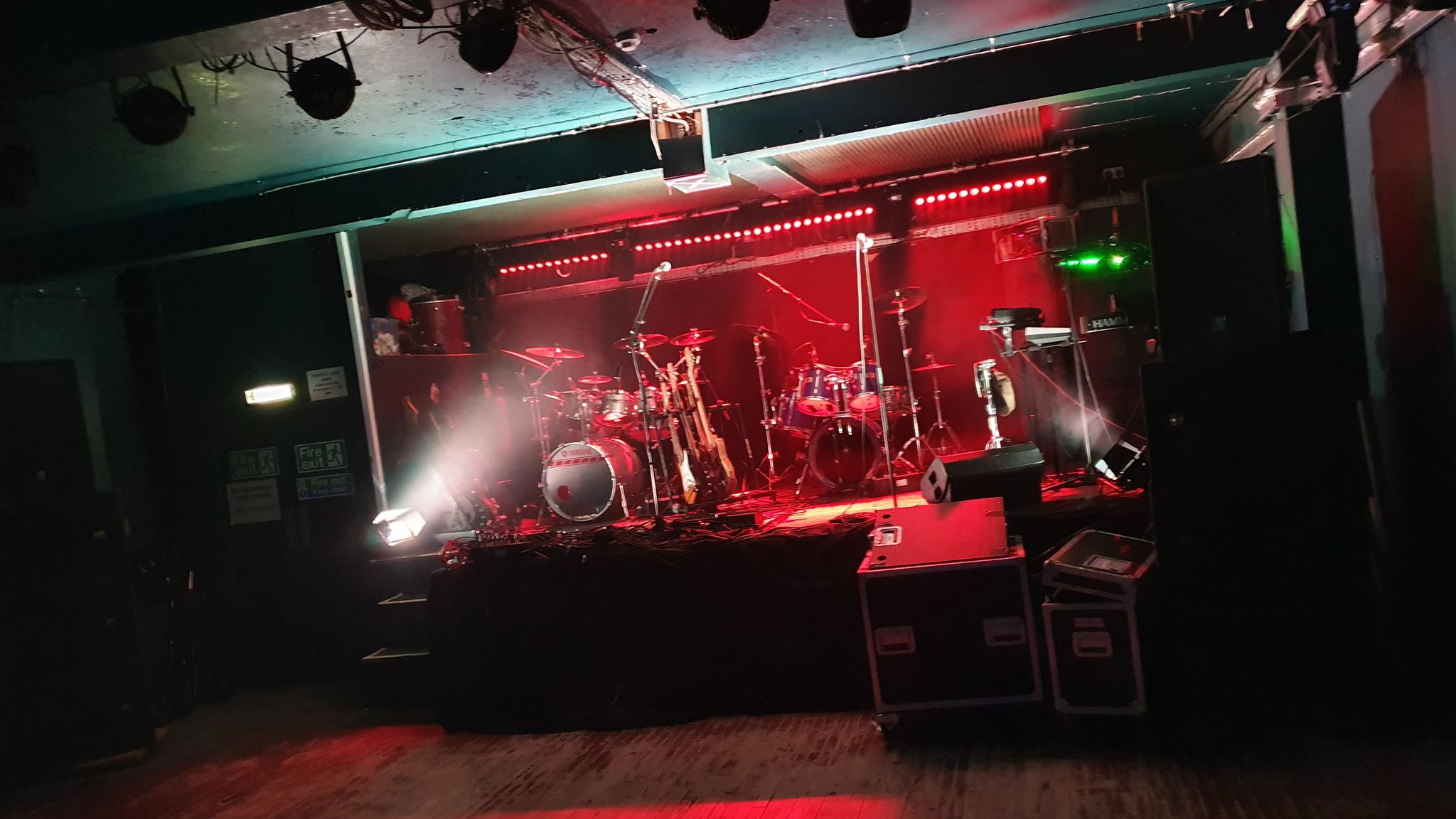
A lot of venues will offer a varied program of music, but some are more specialised. If there’s a venue that particularly suits your genre and style, you’ll be in with a good chance of making a compelling case for playing there.
Similarly, it’s worth taking note of potential venues’ capacities. Naturally, it makes sense to start small and work your way up. If word spreads that your band played a brilliant sold out gig at a small local venue, you may be able to use this as a springboard for playing a bigger one next time.
Want all the hottest music and gear news, reviews, deals, features and more, direct to your inbox? Sign up here.
3. Make it easy for the person considering booking your band
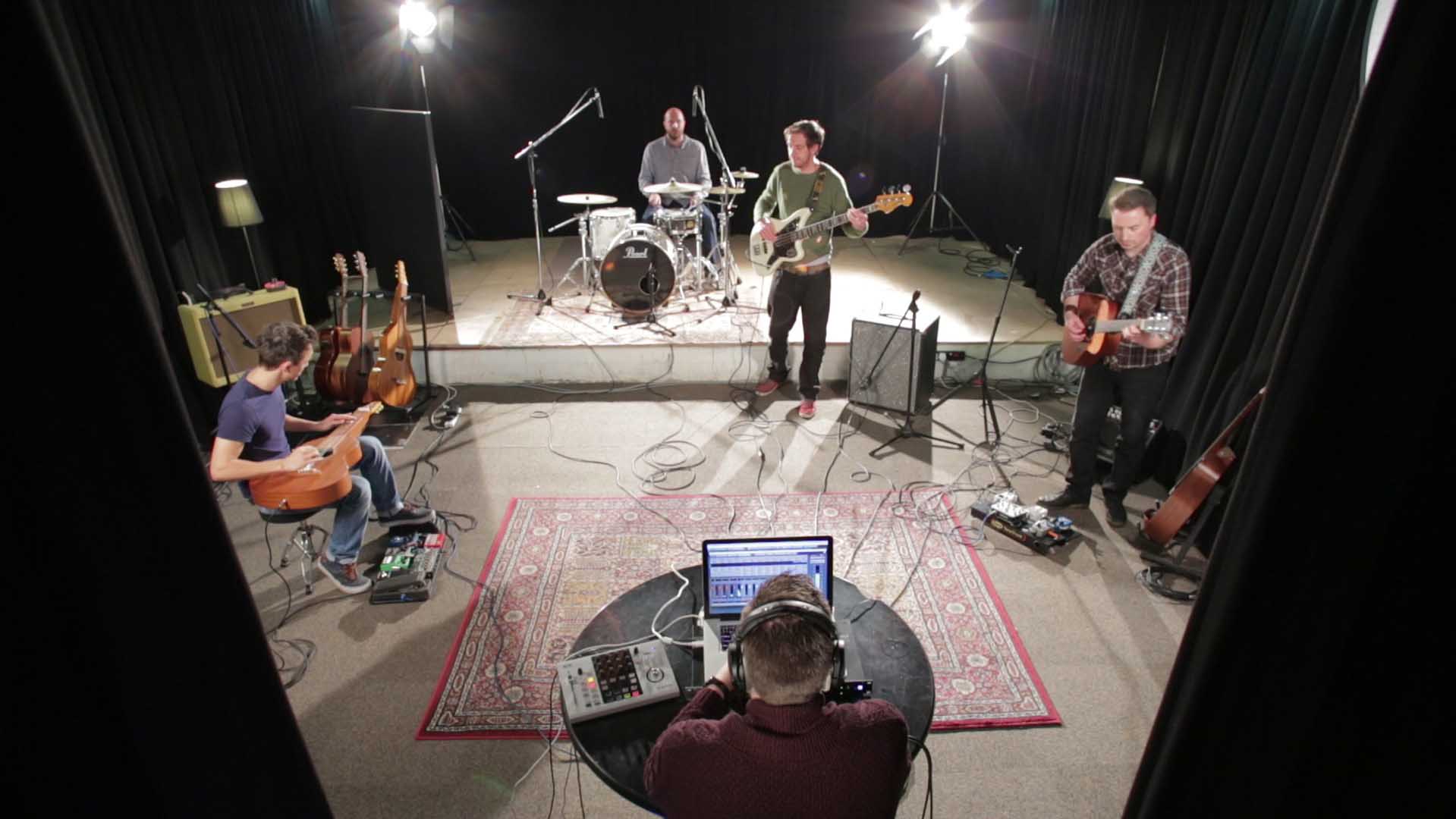
When you’re getting ready to contact a venue, it’s worth bearing in mind that they probably receive a lot of gig applicants every day. If you can show that you’ve considered what you’re sending, made it concise, informative and easy to view, you’ll be in with more of a chance than someone who has written too little, too much, or failed to highlight the things that make their band interesting and potentially saleable.
It’s a good idea to create a pack or ‘EPK’ containing press and live shots, your logo, a short bio (written in third person) and links to your social media pages. Don’t forget the music. Have a couple of your finest tracks prepared, or better still a high quality live performance video. Chances are, a venue or promoter will prefer to receive these as links, rather than whopping files that might break their inbox. Pick the things that show what you do best, including review snippets and previous performances at comparable venues or with notable acts.
4. Find out who the right person to contact is
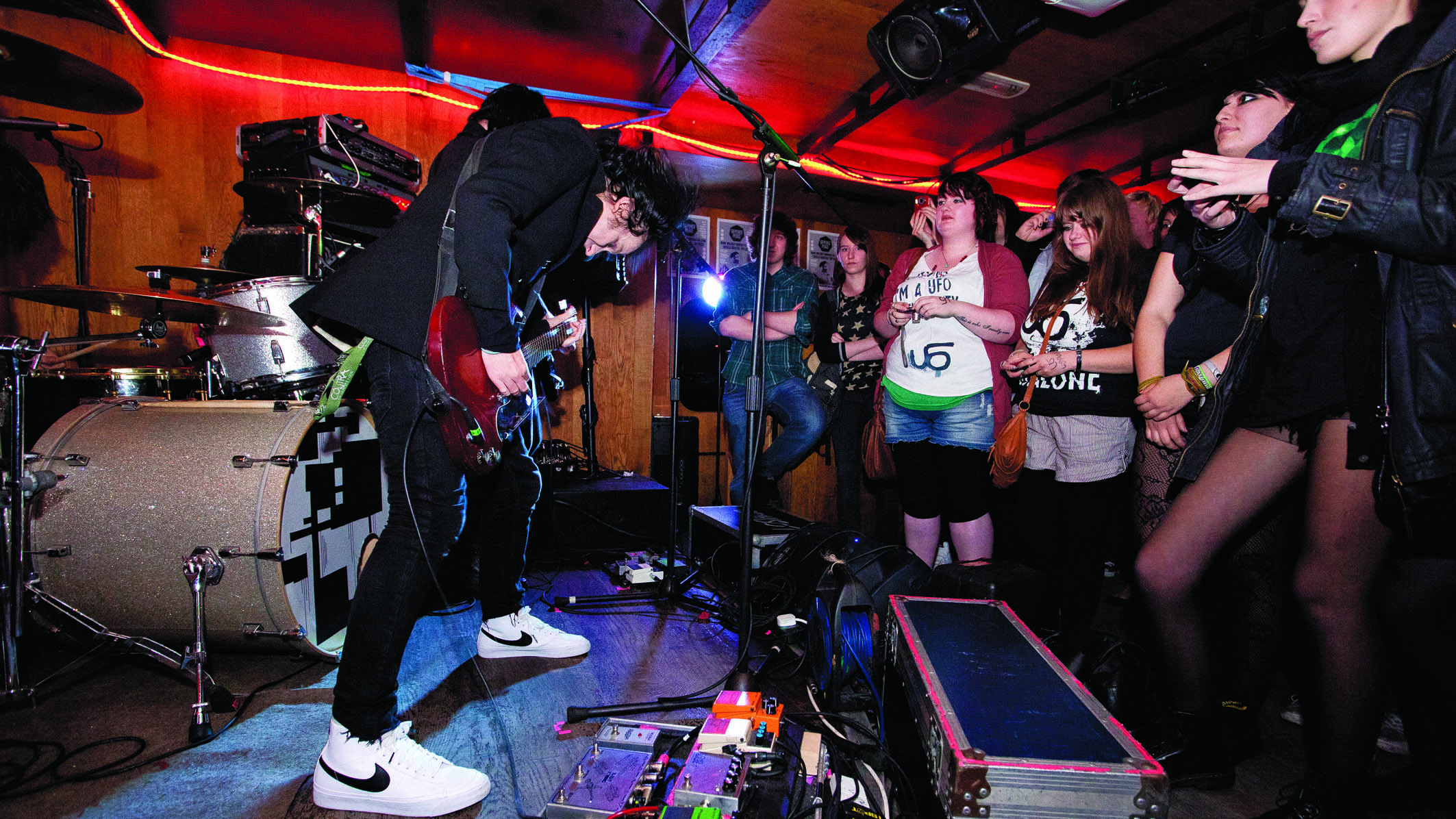
Social media has a lot of uses when it comes to gig promotion, but if you approach a venue this way to ask for a gig, chances are you won’t be reaching the music programmer. Most venue websites will list their programmer’s name and email (although you might have to do some digging).
Call them by their name and send an email that is tailored to them, or, better still, give them a call or arrange to pop in for a chat. As with lots of other things in life, booking gigs is considerably easier if you can form a rapport with the person in charge.
5. Don’t dwell on the gigs you didn’t get

Some comfort can be taken from the fact that this will have happened to just about every successful band at some stage in their career
Sometimes you'll get a knock-back from a venue, get told there’s no availability, or (sad but true as it can be) receive no response at all. This can be disheartening, but unfortunately it’s part of the process. Some comfort can be taken from the fact that this will have happened to just about every successful band at some stage in their career.
If a venue offers some constructive points to learn from, great. If not, it’s simply a case of moving on, practicing hard and showing them what they missed later down the line.
6. Manage your financial expectations (but not too much)
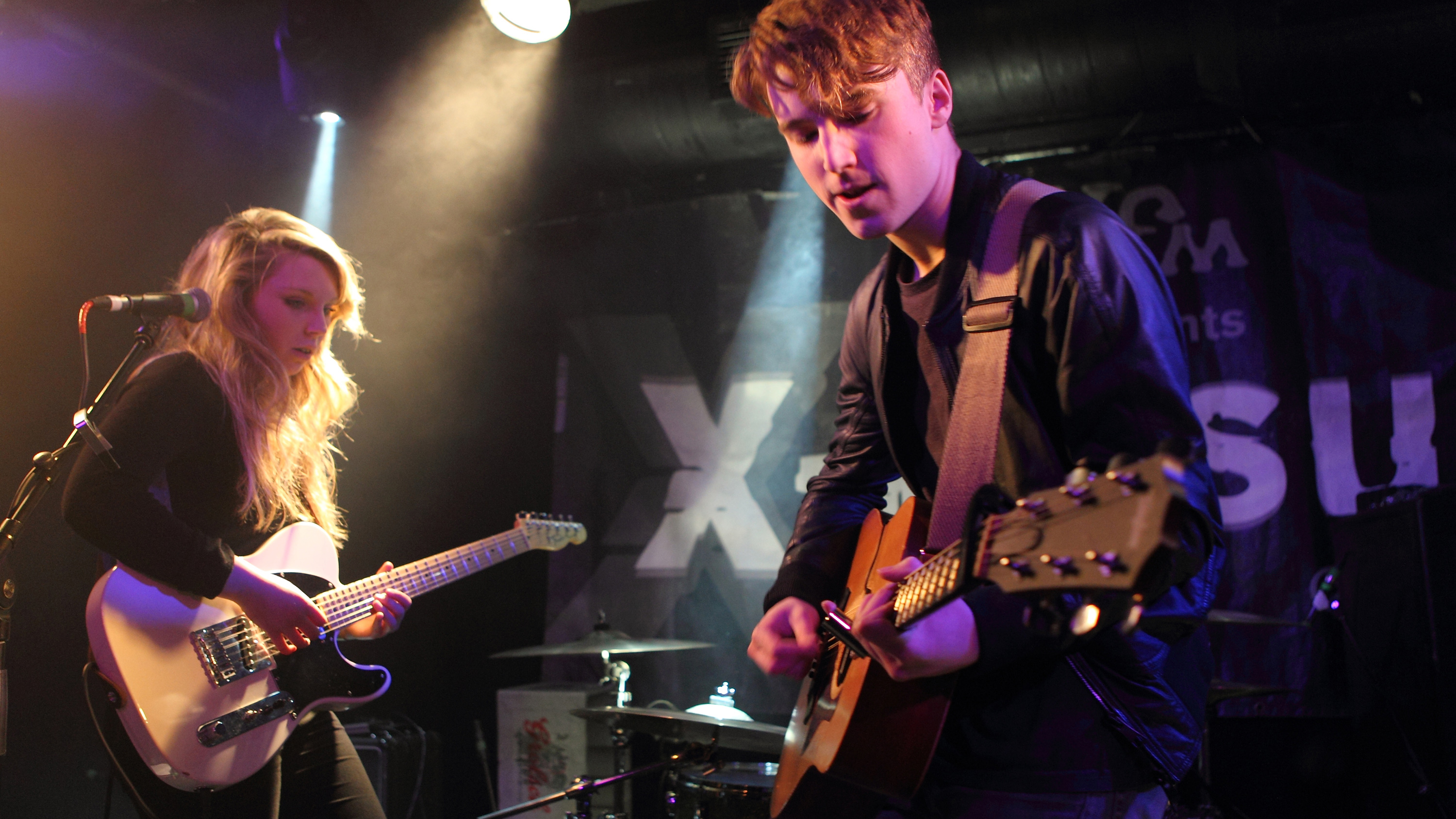
It’s a gargantuan red flag if you are actually asked to pay to play somewhere
Bands should absolutely receive money to perform, so it’s a gargantuan red flag if you are actually asked to pay to play somewhere, as can happen - particularly in larger cities. When it comes to money, there are a few different arrangements you might encounter, which have differing levels of risk and reward.
Bookings with guaranteed fees are ideal because you know exactly what you’ll be getting. Due to the level of risk this may bring to the venue (who will also have to take into account overheads and staffing costs) these gigs can be hard to come by, especially if you’re not an established name just yet.
Therefore, it can be a smart idea to ask for a co-promotion with a ticket split rather than a guarantee. This will show the venue that you’re willing to work to promote the event because the amount of tickets sold directly impacts the amount of money you’ll earn. In many cases, a co-pro will actually work out better for both parties than a booking with a guarantee, which is likely to be on the conservative side to reduce the venue’s risk.
You may be offered the option of hiring the venue. This can be a good route if you are confident about filling the space, but an arrangement like this shifts all risk on to the band, and it’s possible to make a loss if you don’t sell enough tickets.
7. Take the first steps for promoting your gig
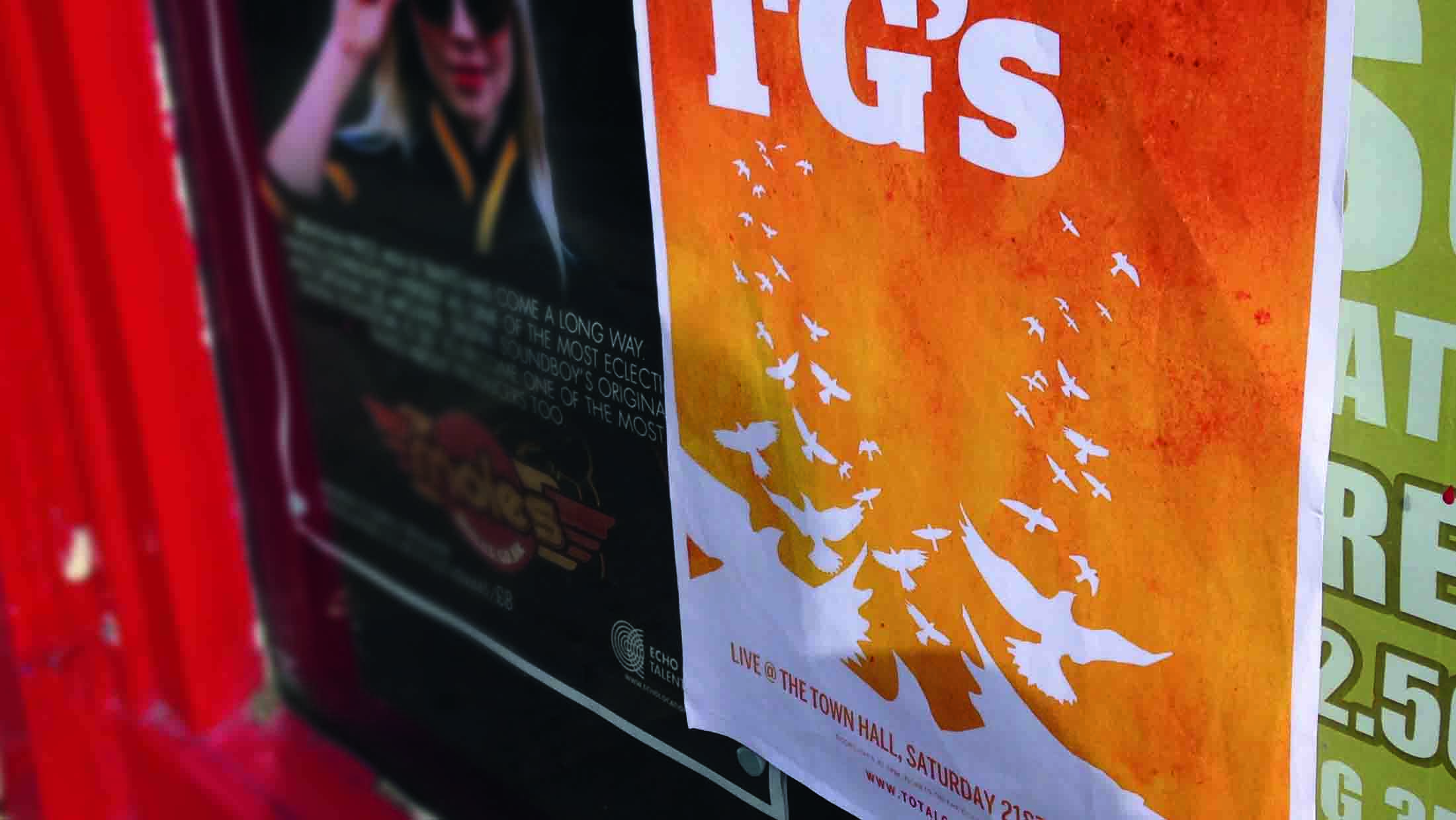
It’s most impactful to coordinate an announcement date with the venue. Once this has been agreed, create a Facebook event, add the venue and any support acts as co-hosts and be sure to invite your existing followers and friends. Echo this on your other social media pages, and share the event in local ‘What’s On’ groups, or related pages. The venue should list your event on their website, but it’s always worth asking if there’s anything else they can do to help via their social channels and mailing lists.
Create a poster to distribute online and in the real world. Use a compelling live shot as the main focal point as this will convey better than anything else the type of band you are, and what your performances are like. Try and get your posters in locations where music fans are likely to be - like record shops, guitar shops or other venues and pubs.
8. Keep the momentum going
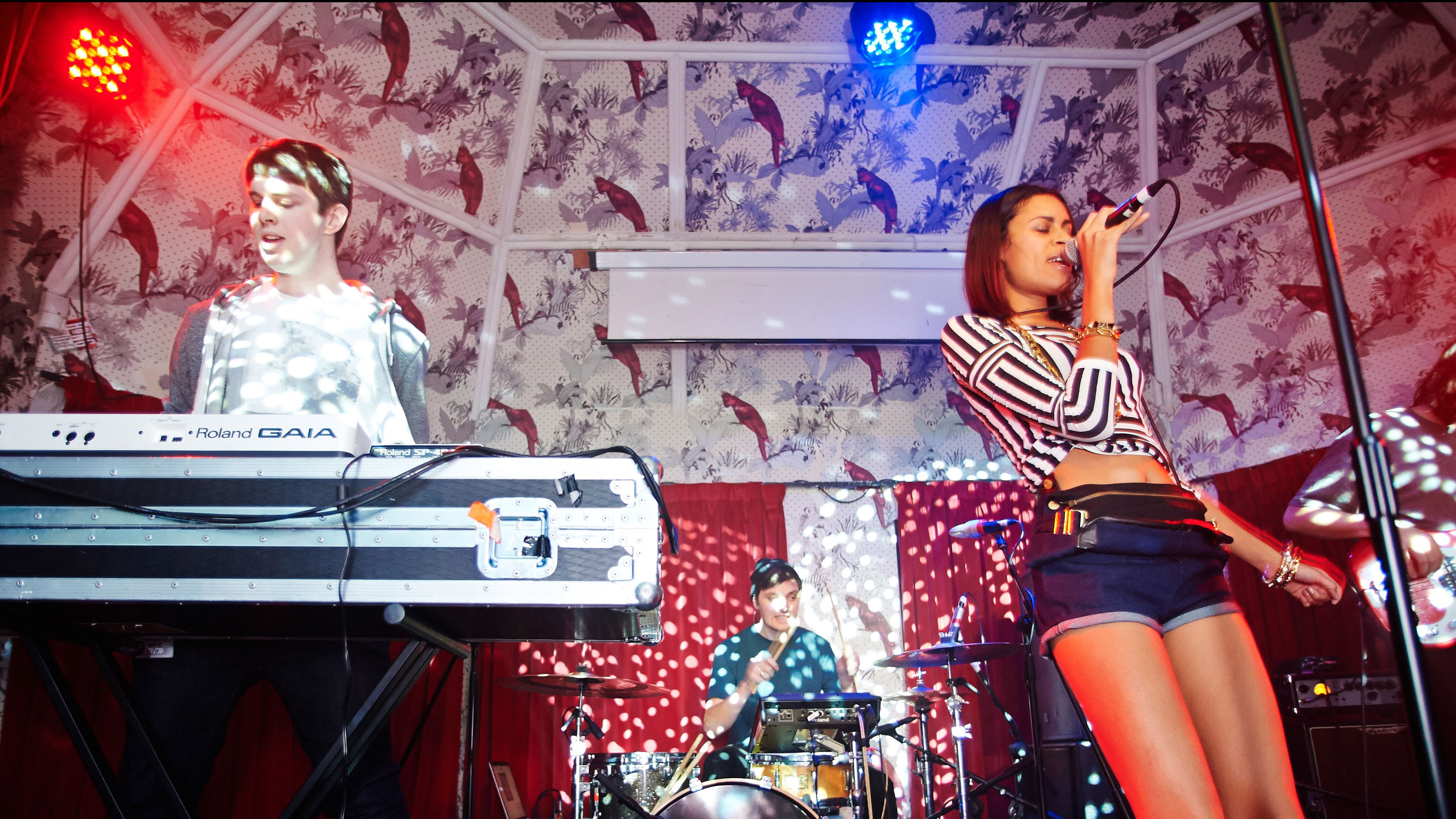
As the gig approaches, ramp-up your promotional activities and try other ideas. Clips showing band rehearsals can drive engagement, as can creative social media videos that show how excited the band is, or that convey positive messages such as fast ticket sales.
If you have a little bit of budget, it may be worth considering paid promotions on social media, especially if you are looking to fill a larger venue than you have previously. If you decide to take this route, it can be an effective use of funds to target people who follow bands you aspire to, as well as people who share related interests like playing an instrument or attending festivals.
Getting in touch with the local press is also worthwhile. Venues will often have a press contact sheet that they can provide, and frankly, they’ll probably be delighted that you’re taking the initiative to do some press work yourself. Listings are often free so aim for this first and if it seems sensible, you can then look at placing an advert later.
9. Continue to promote yourself after the event
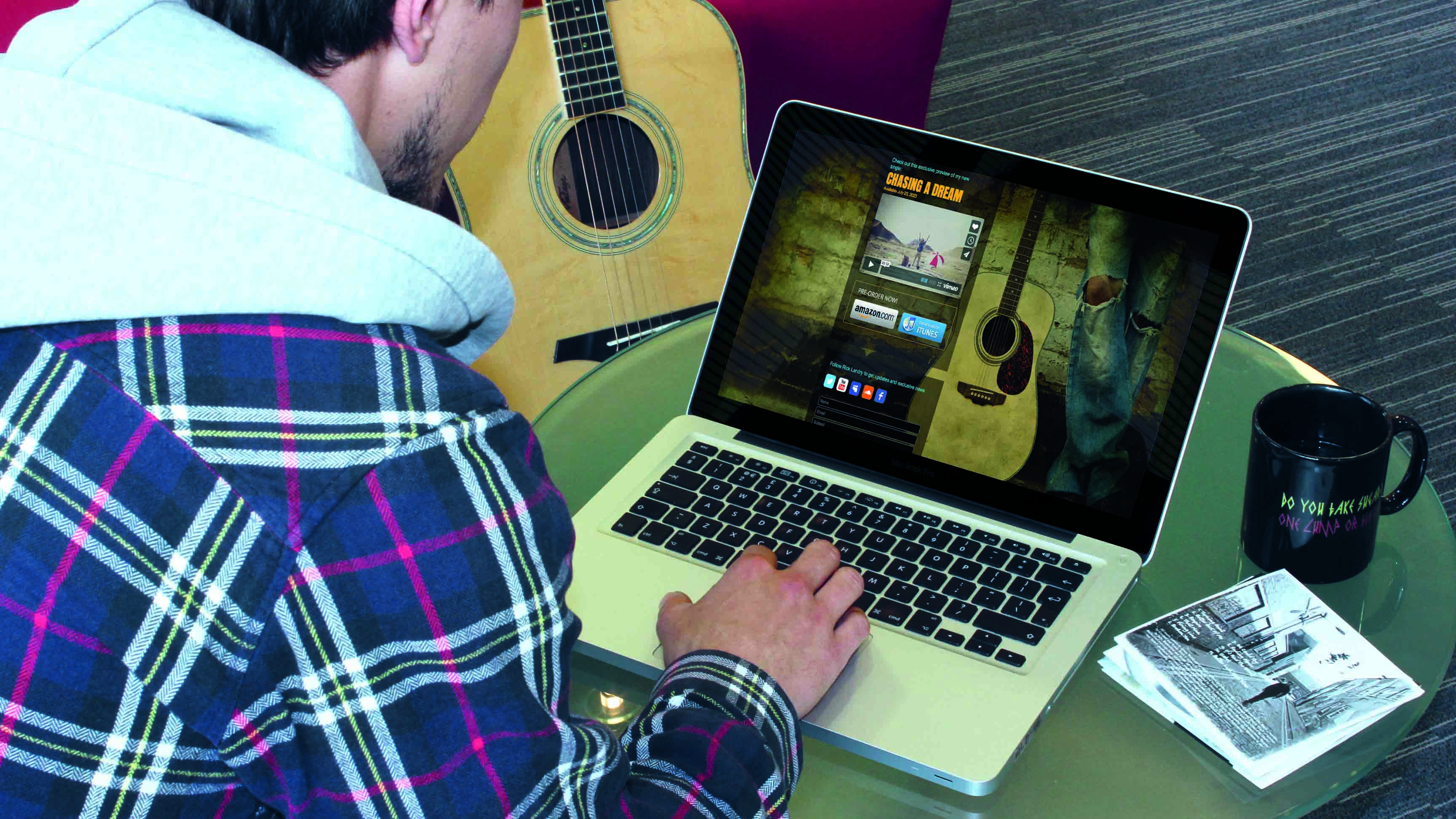
Every gig is an opportunity to gather more marketing materials and solidify relationships with venues and new fans. If there was a photographer at the show, request the photos, share them (with a credit) and show people how great the event was. Thank the venue and audience and share Tweets or comments that show what an awesome time everyone had.
Perhaps you managed to get some video clips at the show. Again, share these and save them to use as a promotional asset later. If there’s a positive review of the show, be sure to share this too and save some choice quotations to send to the next prospective venue.
10. Get ready to move to bigger and better things
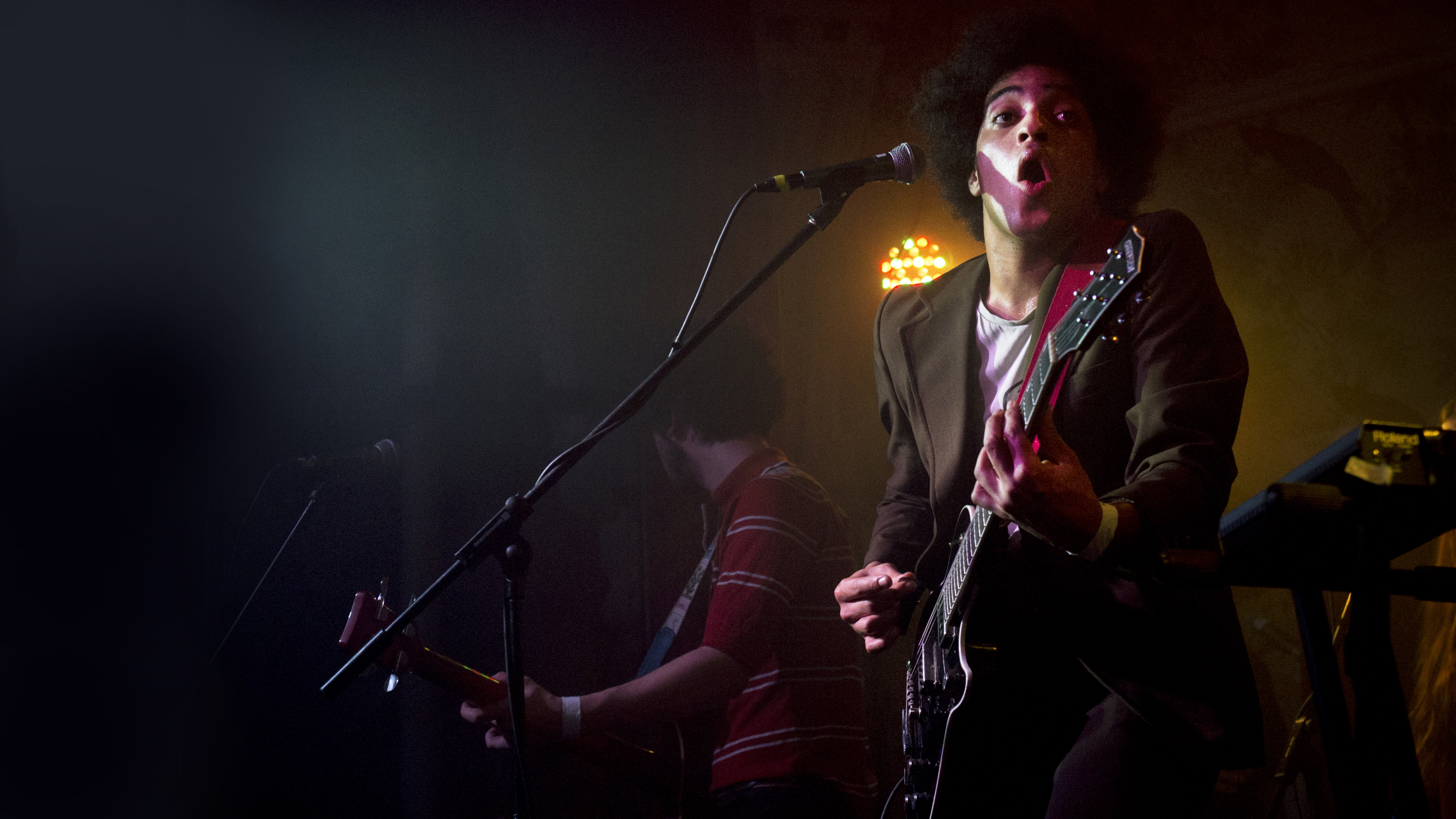
Team-up with similar bands from different places and organise joint gigs where they support you in your town and vice versa
Gig swaps are a smart way to approach playing in new cities without having to crack the scene all by yourself. Team-up with similar bands from different places and organise joint gigs where they support you in your town and vice versa. You’ll both likely win new fans and you never know when a new relationship might come in handy.
Once you’re totally happy with your live performance and your ability to pull-in a crowd, consider inviting someone from a booking agency to a show. If they like what you do, they just might like to take some of the hard work off your hands.
10 live soundcheck tips for musicians from a sound engineer
Ellie started dabbling with guitars around the age of seven, then started writing about them roughly two decades later. She has a particular fascination with alternate tunings, is forever hunting for the perfect slide for the smaller-handed guitarist, and derives a sadistic pleasure from bothering her drummer mates with a preference for “f**king wonky” time signatures.
As well as freelancing for MusicRadar, Total Guitar and GuitarWorld.com, she’s an events marketing pro and one of the Directors of a community-owned venue in Bath, UK.
